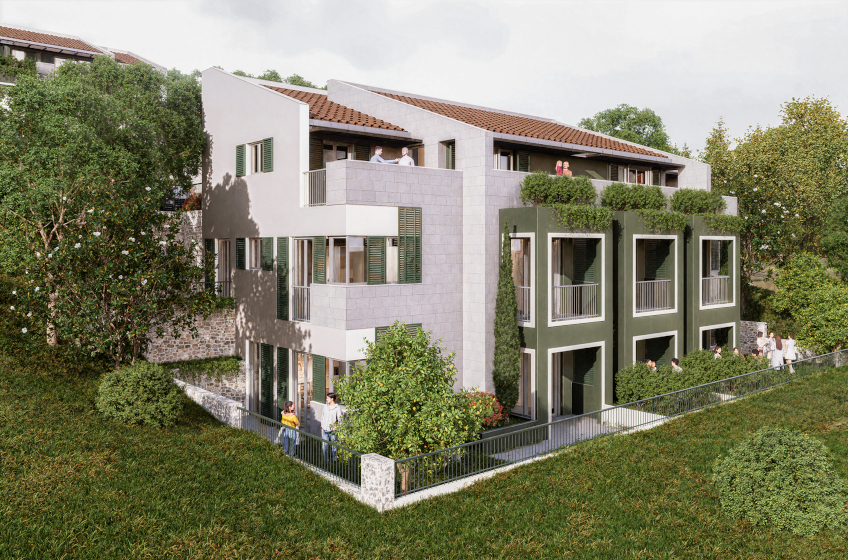By 2025, according to reports published by the World Bank and the European Commission, the average economic growth in the Western Balkans region is projected at 3.2%. Montenegro stands out with a growth forecast of around 3.6%, above this regional average.
Main Basis for Growth Forecast
1. Structural Reforms and EU Harmonization Process
Structural reforms undertaken by Montenegro during the negotiation process for accession to the European Union are among the main factors supporting growth. Rule of law, public administration reforms and fiscal discipline improve the investment climate.
2. Revival in Tourism and Service Sector
With the completion of the post-pandemic recovery process, Montenegro's tourism sector has gained a strong momentum. It hosts visitors from different parts of the world, especially from Europe. The increasing number of tourists and investments in the sector make a significant contribution to economic growth. In the light of these developments, the tourism sector receives significant investments.
3. Investment Growth and International Funds
The support provided by the World Bank, EU funds and other international financial institutions ensures the rapid implementation of infrastructure and digital transformation projects. A loan of EUR 80 million was received from the World Bank. This has a positive impact on domestic demand and the labor market.
4. Regional Integration and Trade Volume
Montenegro's active participation in regional integration projects (e.g. Common Regional Market and Green Agenda) increases the volume of exports and imports and stimulates the production sector. With the accession to the Common Transit Agreement, international trade is certain to grow.
Conclusion
This new economic structure shaped by reforms increases the confidence of international investors in Montenegro and paves the way for foreign direct investments. Montenegro stands out as a stable, innovative and European-integrated economy in the Balkans.
Positive growth forecasts indicate that Montenegro is becoming more competitive economically in the Western Balkans. Through investments in tourism, the service sector, digital infrastructure, and green energy, the country is increasing its economic diversification and becoming more resilient to external shocks.
Overall, Montenegro's economic moves in 2025 are structural and strategic steps that shape not only the Montenegro of today but also the Montenegro of the future. These developments bring the country one step closer to European Union membership, while bringing sustainable and inclusive growth.








